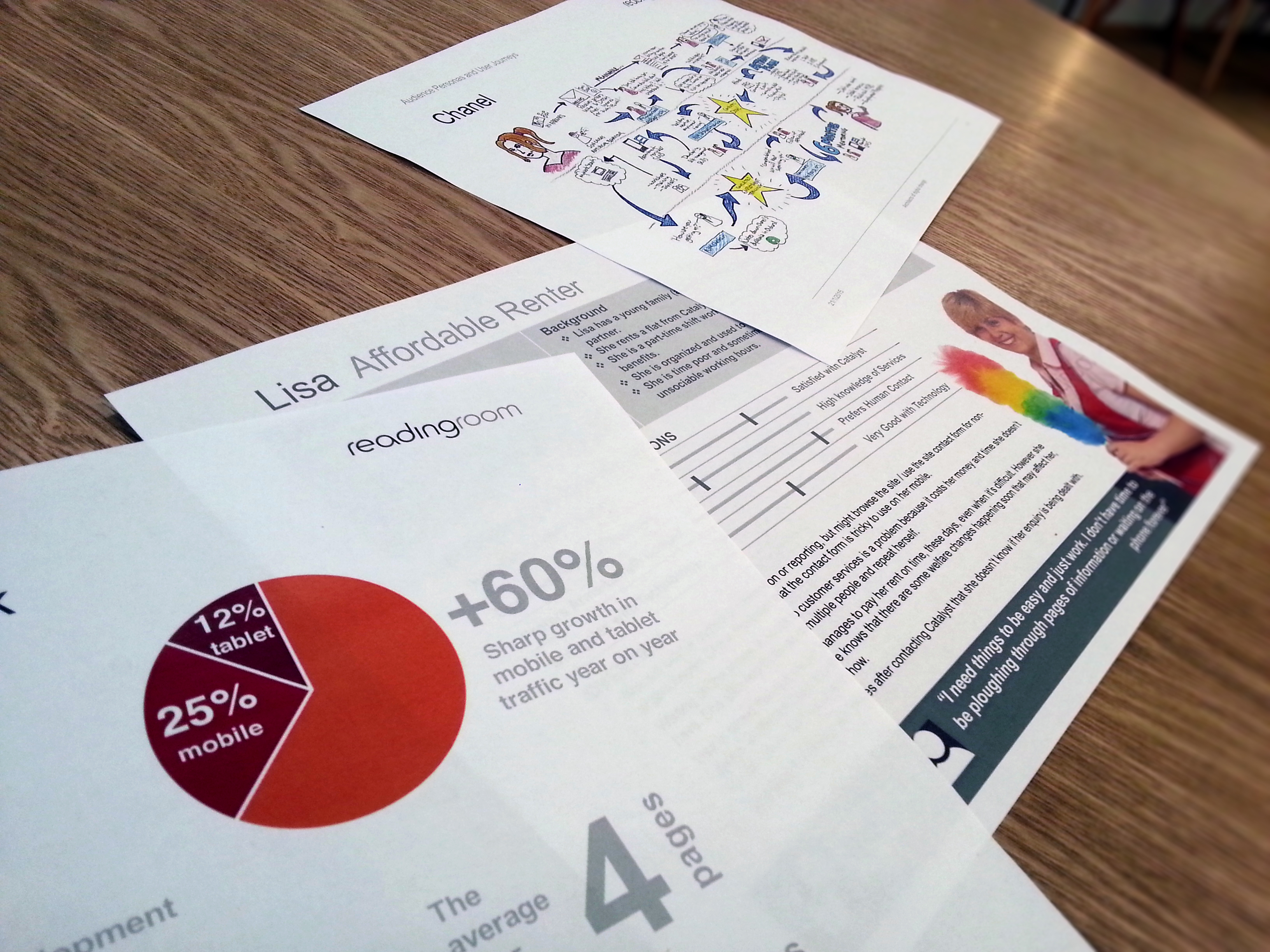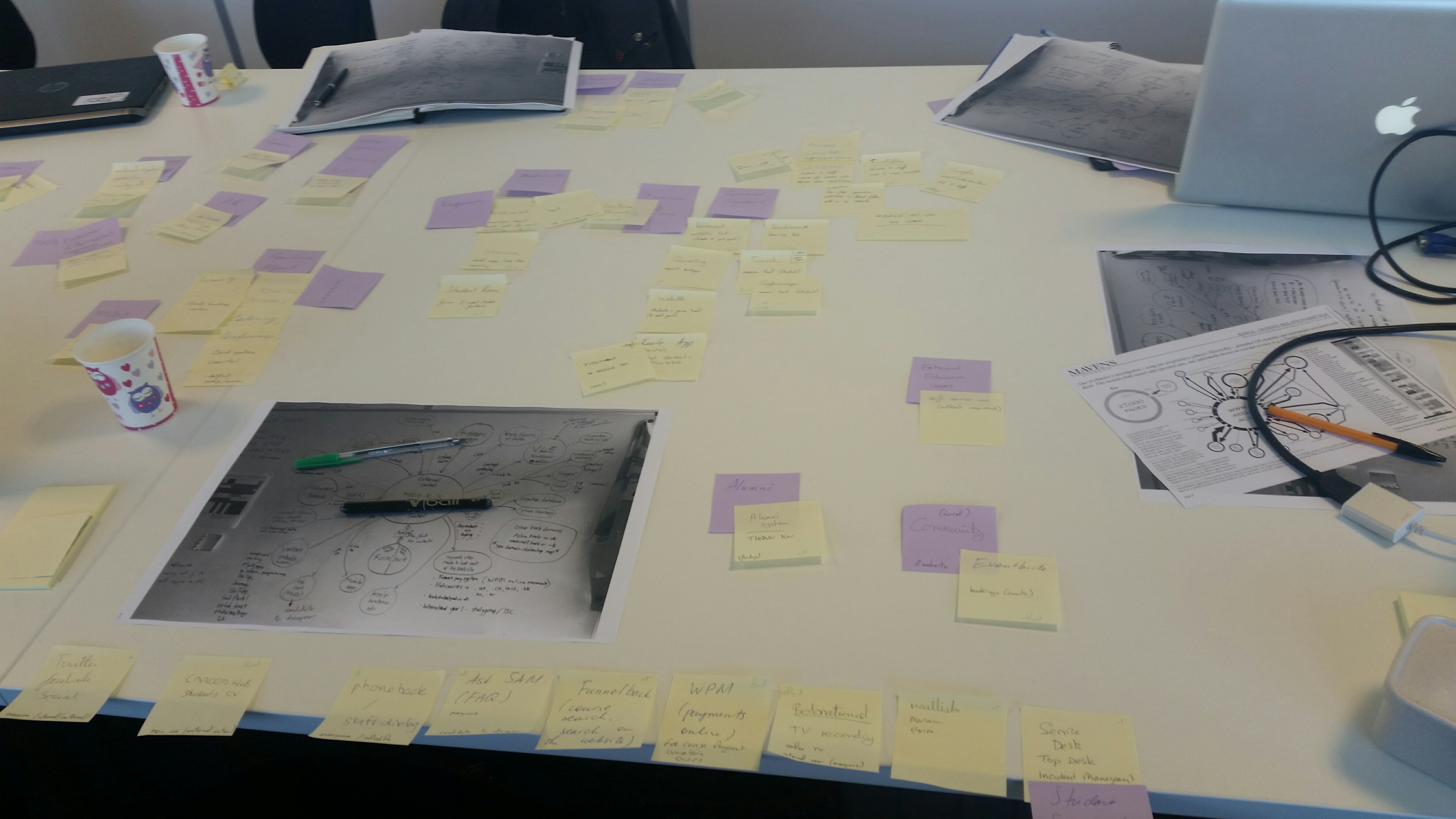In 2012, a Housing Technology report found that almost half of the UK’s adult population who do not use the internet live in social housing. The report’s contributors (including the Chartered Institute of Housing, the National Housing Federation and Peabody housing association) argued that digital inclusion gives tenants more choice and control and better access to lower-cost, better services.
For housing associations, the impact of developing a digital strategy to engage with their tenants can be substantial. The report estimated that social housing landlords could achieve annual savings of £340m in communications costs.
The benefits of digital inclusion for social housing landlords and their tenants is explored further in the latest “In focus” briefing from The Knowledge Exchange.
Social housing: the digital revolution
Increasingly, social housing providers and tenants are connecting online through media such as Facebook, Twitter and online chat services. Other housing associations are offering interactive features on their websites, enabling tenants to check their rent accounts or to book appointments.
But, as the Housing Technology report showed, significant numbers of people don’t have online access. For some, it’s a matter of poor broadband coverage, while others have concerns about access costs and data security.
Our briefing includes examples of how social tenants and their housing providers can benefit from greater digital inclusion, and highlights ways in which the barriers to going online may be overcome.
Reading Room and Catalyst:
Among the examples of best practice featured in the briefing is a case study of a collaboration between Reading Room – a digital consultancy which joined the Idox Group in 2015 – and Catalyst, one of the leading housing associations in London and the South East.
Reading Room has worked closely with Catalyst and its customers to create a strategic framework for the housing association’s digital development. Among the themes emerging from this framework are projects for:
- Optimising Catalyst’s web platforms for mobile devices and making them more user friendly
- Developing a plan to implement new online services
- Training and developing internal teams with digital best practices, including content creation and customer service through social media
- Engaging the business and creating a team of digital champions
- Embarking on an innovation programme towards building smart homes
Once the work is complete, Catalyst customers will be able to report and track issues directly through a new web platform, while contractors can view available jobs and location data.
Future plans
Further down the line, Reading Room and Catalyst are working on plans to use the Internet of Things to create smarter buildings with sensors that can detect changes before they become problems, notify the repair company and update the customer automatically.
The collaboration between Reading Room and Catalyst highlights the exciting potential of technology for improving communications between social housing providers and their tenants, and for encouraging more people to reap the benefits of going online.
Members of the Idox Information Service can obtain access to the full text of the In focus briefing on digital inclusion and social housing here
Follow us on Twitter to see what developments in policy and practice are interesting our research team.
Share
Related Posts
Supporting residents on the decarbonisation journey: leveraging data for effective retrofit projects
As the drive towards decarbonisation intensifies, the social housing sector’s ability to collect, store and manage vast amounts of data becomes increasingly critical. With a shared goal of creating warmer, carbon-free homes, housing associations’ strategic use of data is essential ....
The recent spikes in energy costs have thrown into sharp focus the challenge of heating our homes. Domestic heating is important, not just for our comfort and wellbeing, but to reduce humidity and prevent condensation. But because traditional heating systems ....
By Sarah Perry At the end of June, GrantFinder attended The Chartered Institute of Housing’s annual conference, Europe’s largest housing festival. The event took centre stage at Manchester Central, bringing together industry experts, policymakers, and housing practitioners from across the ....
By Ian Babelon In the first part of two blog posts, published on 22 May, Ian Babelon provided examples of good practice in retrofitting social housing. The second part of this blog post looks at estate-wide and area-wide social housing ....


